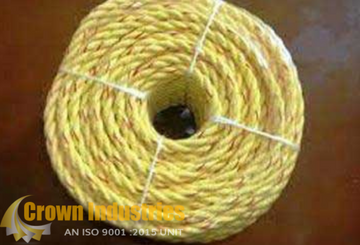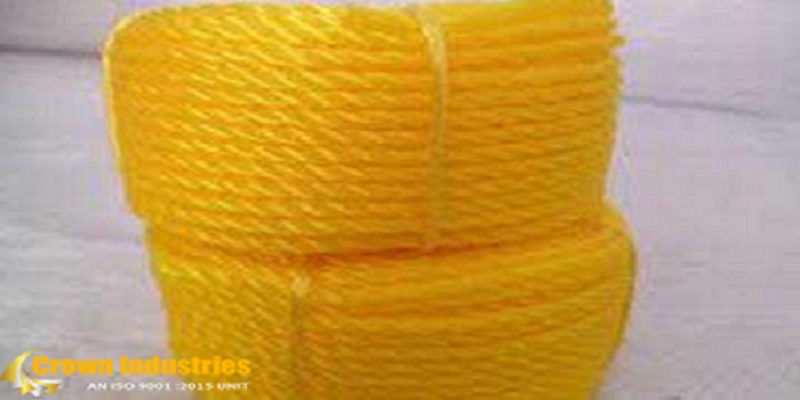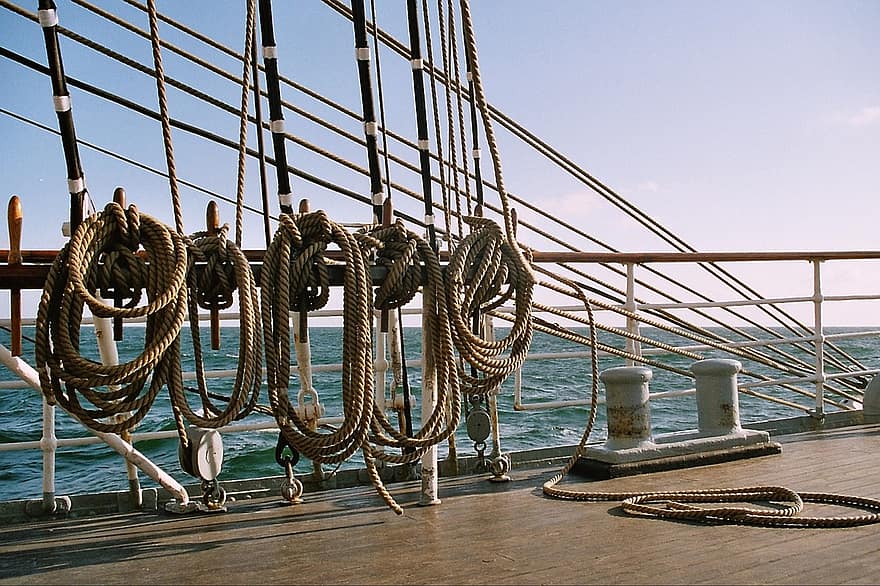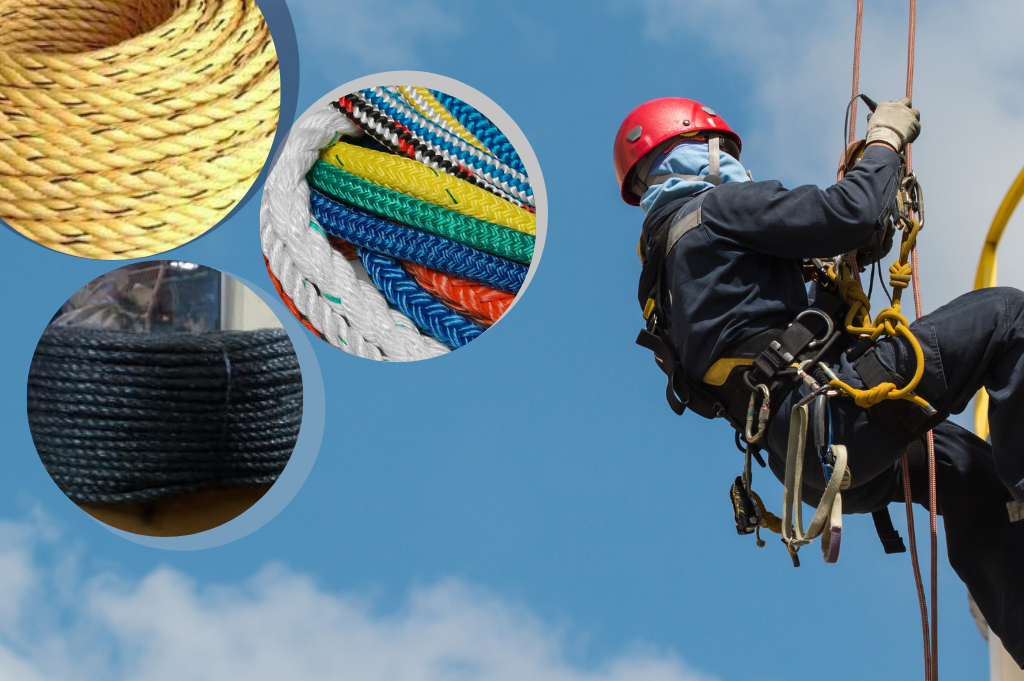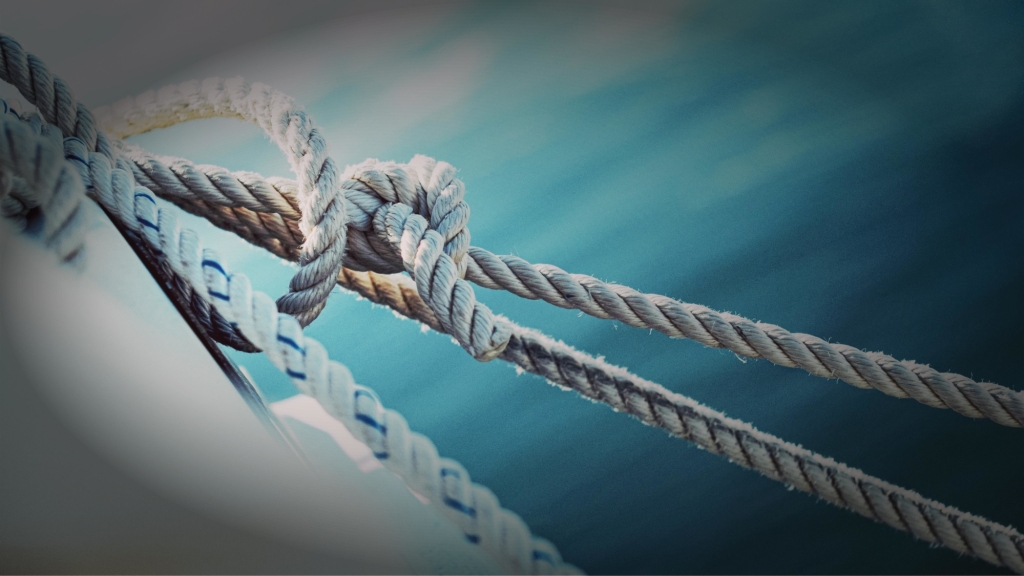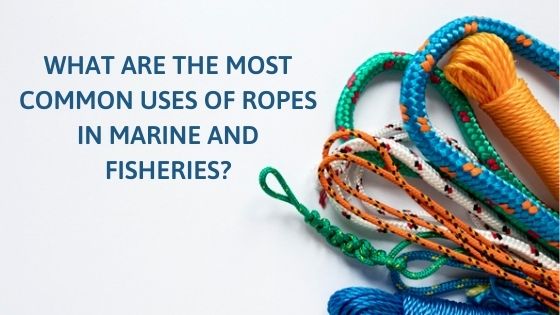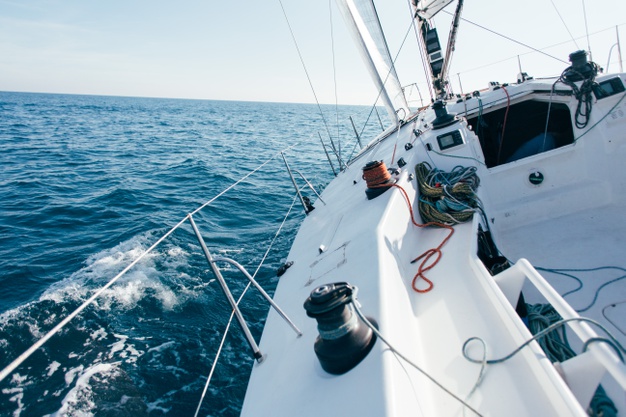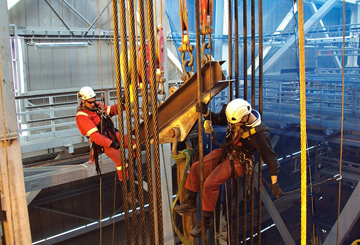When it comes to choosing industrially suitable and durable ropes, there are very few better options, like polypropylene ropes. It is virtually challenging to get a flexible option for ropes as the polypropylene ones. One can utilise these ropes in different kinds of industrial usage.
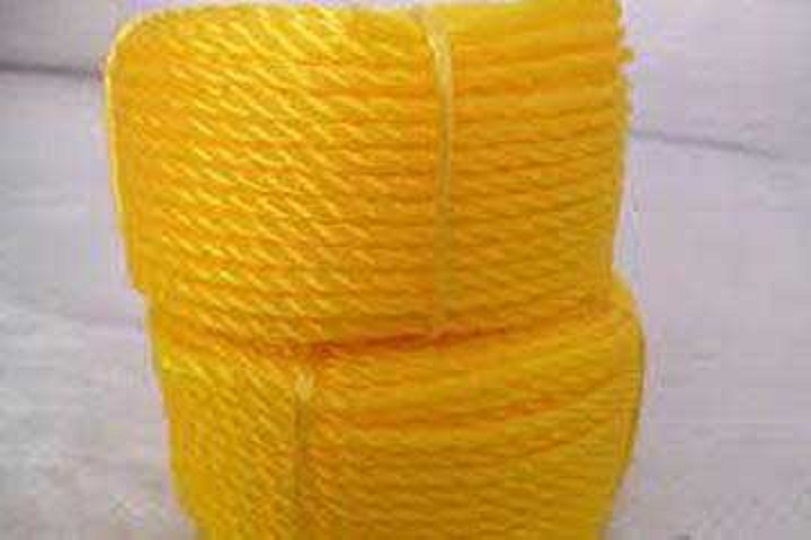
Uses of Polypropylene Ropes:
Apart from cutting and soldering, the PP ropes can also be industrially utilised by welding. The welding process can be extremely helpful when it comes to increasing the length of the ropes. It is easy to create a weld joint with the hot air current coming from a heat gun.
More about the Steps for Welding a PP Rope:
During the purchase, one should opt to collaborate with a reputable polypropylene rope supplier. They can guarantee industrial-grade ropes that can be a perfect match for full-fledged commercial usage. In this blog, one can get more information about welding polypropylene ropes.
- Before going on with the welding work, it is important to observe that the rope edge intended for welding is cut properly. Ideally, the edge should be cut at an angle between 45-55 degrees. Once both ropes for joining are cut out, one can apply the heat gun. One should ensure the heat gun is at its operational temperature.
- Once the first step is followed properly, it is time to join the two ends of the cut ropes. The heating gun should be placed perfectly at the point where the heat is to be applied. After the heat has been applied, both ends should be pushed together. These heated ends should be held for a moment before they get attached. The heat will decrease within a moment, establishing a stronger joint.
- It is worth noting that one cannot perform pointed welds or other types of complex welding works on PP ropes. One should also avoid inflicting very short welds on these ropes. However, one can perform specialised welding forms, like creating a loop or noose on the ropes. However, in such welding, one needs to get a proper estimate of the length of the welded part.
These are some important things to remember before going on with welding Polypropylene ropes. One should only use industrial-grade ropes sourced from qualified polypropylene rope suppliers near them. By doing so, they can remain guaranteed to get the finest quality rope perfectly suitable for their usage.

